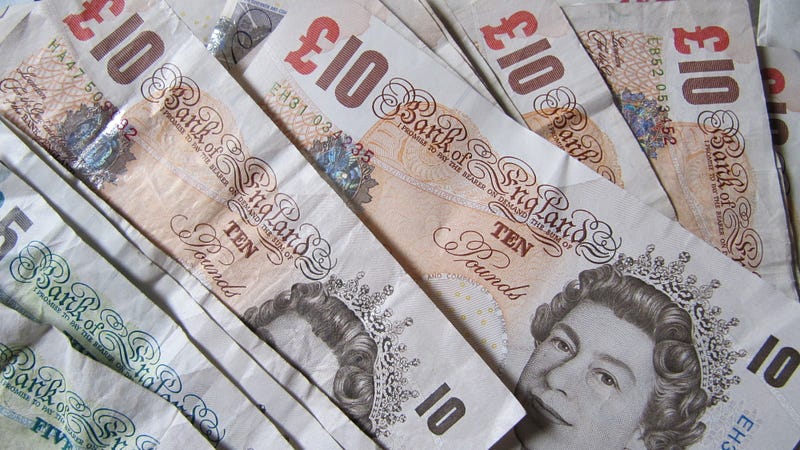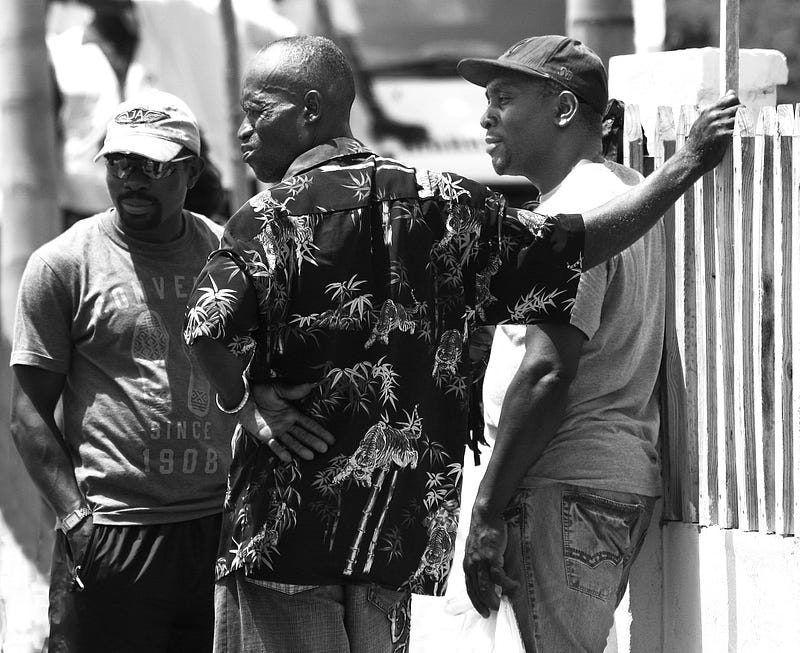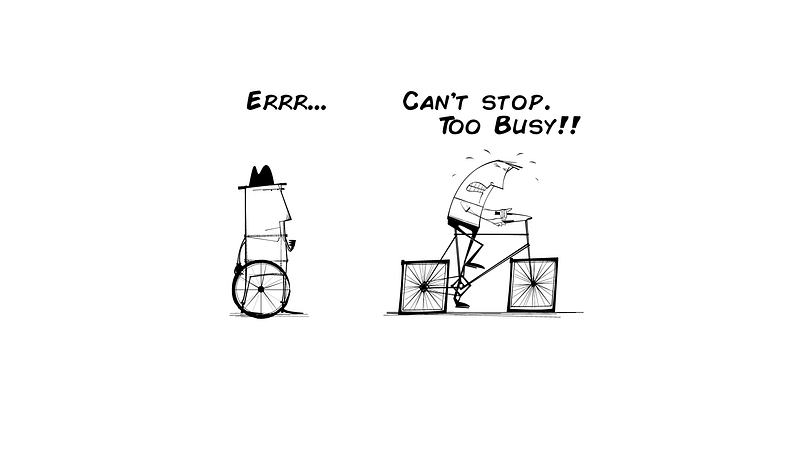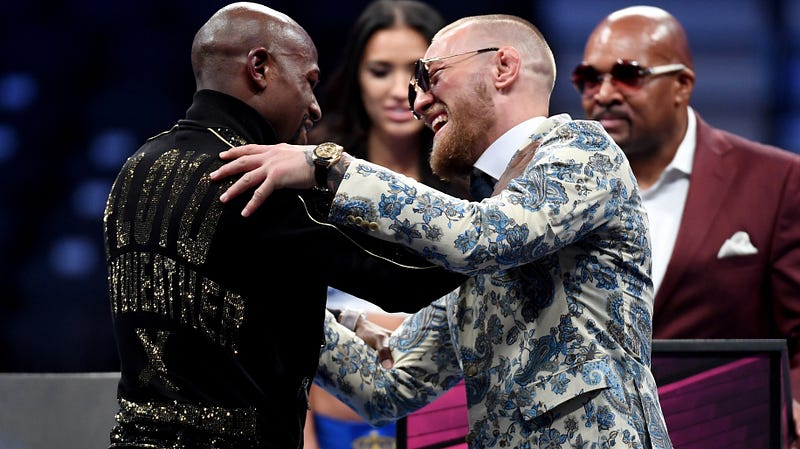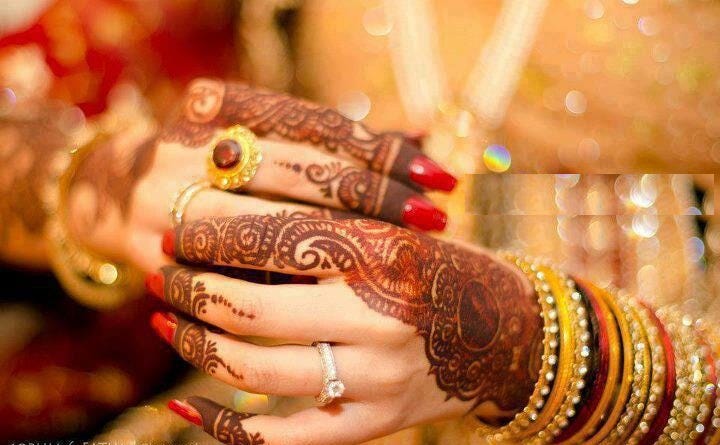While the digital era may have eroded the adult entertainment industry’s traditional revenue streams, the demand for content has hardly waned. If anything, it’s increased. The shift from print and recordable media to the internet has made adult entertainment more accessible and sought after than ever before. According to Alexa Internet, Pornhub now even ranks higher than Microsoft search engine Bing in global popularity. Newer formats for the industry, like webcams and chat line channels, have also provided further platforms and avenues to quench the desires of their audience.
Elsewhere within the sphere of sex work, prostitution is considered the world’s oldest profession. The staying power of the sex industry is proven and as long as libidos exist, it’ll remain. Yet the stigma around it continues.
Sex is often the elephant in the room which reinforces the stigma around the industry. Granted, for many, sex is something that should be kept as personal. But that shouldn’t drive our judgement of those involved in sex work. Furthermore, when you consider what should cause our moral compass to point south, should that really include the sex industry?
Putting aside what might be legal in respective jurisdictions, ethically, what has anyone working in the sex industry done wrong? Sex workers provide a service for which there will always be demand. They barely rely on advertising so it can’t even be said that they’re influencing their client base to acquire a service or product that they didn’t really want.
I doubt anyone visits Pornhub after seeing a billboard en route home and remarking to themselves, “that reminds me, I should check out some porn this evening”. Similarly, no one decides to visit a strip club after getting a flyer in their letterbox. The customer base within the sex industry, regardless of the platform or service, need little persuasion. It can’t be said that their business and interest is sought aggressively or immorally either.
So why is the sex industry condemned and subject to such stigma? With adult entertainment, there’s arguably a taboo around masturbation that compounds this. But is it also because the basis of their business is sex and society isn’t comfortable enough to openly accept their product?
Have we allowed our discomfort to taint our judgement against those that work within the industry as we perpetuate the seedy image it’s been forced to assume? More importantly, why have we felt it necessary, and acceptable, to criticise sex workers who haven’t done anything wrong aside from working within a profession that doesn’t sit well with our own opinions?
Sex workers often can’t admit what they do without fear of judgement. Conversely, how many bankers have that same reticience or shame when announcing what they do for a living? It beggars belief that a banker can work in an industry void of ethics, celebrating the fact that what they do for a living facilitated a financial crisis and continues to polarise wealth in society, yet not be judged for it. Meanwhile, being an adult entertainer remains a taboo occupation.
Lisa Ann didn’t cause the subprime mortgage crisis but her (former) industry attracts a level of opprobrium and shame that would indeed be apt for the banking industry that actually did.
When a former detective claimed that thousands of thumbnails of porn had been found on the work computer of Tory MP Damian Green, it wasn’t a good look for him. That’s understandable on the basis of that much porn suggesting he was busy knocking one out when he should have been busy representing his constituents and fulfilling his role as First Secretary of State. However, it’s the porn that he’s experiencing shame for rather than the fact that he was viewing it at work.
I’m no friend to the Tory Party but if we’re judging Green and other Tories for their conduct, there are much worse activities that they should be censured for. We have a Tory government that presides over a country where food banks and poverty have become the norm alongside underfunded public sectors. At the same time, the 1% continue to thrive and aggressive tax avoidance and evasion is encouraged. Yet watching legal porn is what we’re judging a Tory MP for? What does that say about how skewed our own moral compasses are when it comes to adult entertainment?
There is a moral debate to be had around adult entertainment and the broader sex industry. The safety and treatment of those within the industry, and the promotion of distorted images of women, gender relations and expectations within relationships, calls into question much around sex work. However, that’s distinct from the stigma that the sex industry attracts.
Everyone is entitled to their views on the sex industry. And while it’s longevity is proven, it will always remain a divisive subject. Although that shouldn’t mean those who work within it should be subject to an unnecessary stigma based on the discomfort of others.
Elsewhere within the sphere of sex work, prostitution is considered the world’s oldest profession. The staying power of the sex industry is proven and as long as libidos exist, it’ll remain. Yet the stigma around it continues.
Sex is often the elephant in the room which reinforces the stigma around the industry. Granted, for many, sex is something that should be kept as personal. But that shouldn’t drive our judgement of those involved in sex work. Furthermore, when you consider what should cause our moral compass to point south, should that really include the sex industry?
Putting aside what might be legal in respective jurisdictions, ethically, what has anyone working in the sex industry done wrong? Sex workers provide a service for which there will always be demand. They barely rely on advertising so it can’t even be said that they’re influencing their client base to acquire a service or product that they didn’t really want.
I doubt anyone visits Pornhub after seeing a billboard en route home and remarking to themselves, “that reminds me, I should check out some porn this evening”. Similarly, no one decides to visit a strip club after getting a flyer in their letterbox. The customer base within the sex industry, regardless of the platform or service, need little persuasion. It can’t be said that their business and interest is sought aggressively or immorally either.
So why is the sex industry condemned and subject to such stigma? With adult entertainment, there’s arguably a taboo around masturbation that compounds this. But is it also because the basis of their business is sex and society isn’t comfortable enough to openly accept their product?
 |
| Jenna Jameson by Thomas Hawk is licensed under CC BY-NC 2.0 |
Sex workers often can’t admit what they do without fear of judgement. Conversely, how many bankers have that same reticience or shame when announcing what they do for a living? It beggars belief that a banker can work in an industry void of ethics, celebrating the fact that what they do for a living facilitated a financial crisis and continues to polarise wealth in society, yet not be judged for it. Meanwhile, being an adult entertainer remains a taboo occupation.
Lisa Ann didn’t cause the subprime mortgage crisis but her (former) industry attracts a level of opprobrium and shame that would indeed be apt for the banking industry that actually did.
When a former detective claimed that thousands of thumbnails of porn had been found on the work computer of Tory MP Damian Green, it wasn’t a good look for him. That’s understandable on the basis of that much porn suggesting he was busy knocking one out when he should have been busy representing his constituents and fulfilling his role as First Secretary of State. However, it’s the porn that he’s experiencing shame for rather than the fact that he was viewing it at work.
I’m no friend to the Tory Party but if we’re judging Green and other Tories for their conduct, there are much worse activities that they should be censured for. We have a Tory government that presides over a country where food banks and poverty have become the norm alongside underfunded public sectors. At the same time, the 1% continue to thrive and aggressive tax avoidance and evasion is encouraged. Yet watching legal porn is what we’re judging a Tory MP for? What does that say about how skewed our own moral compasses are when it comes to adult entertainment?
There is a moral debate to be had around adult entertainment and the broader sex industry. The safety and treatment of those within the industry, and the promotion of distorted images of women, gender relations and expectations within relationships, calls into question much around sex work. However, that’s distinct from the stigma that the sex industry attracts.
Everyone is entitled to their views on the sex industry. And while it’s longevity is proven, it will always remain a divisive subject. Although that shouldn’t mean those who work within it should be subject to an unnecessary stigma based on the discomfort of others.
